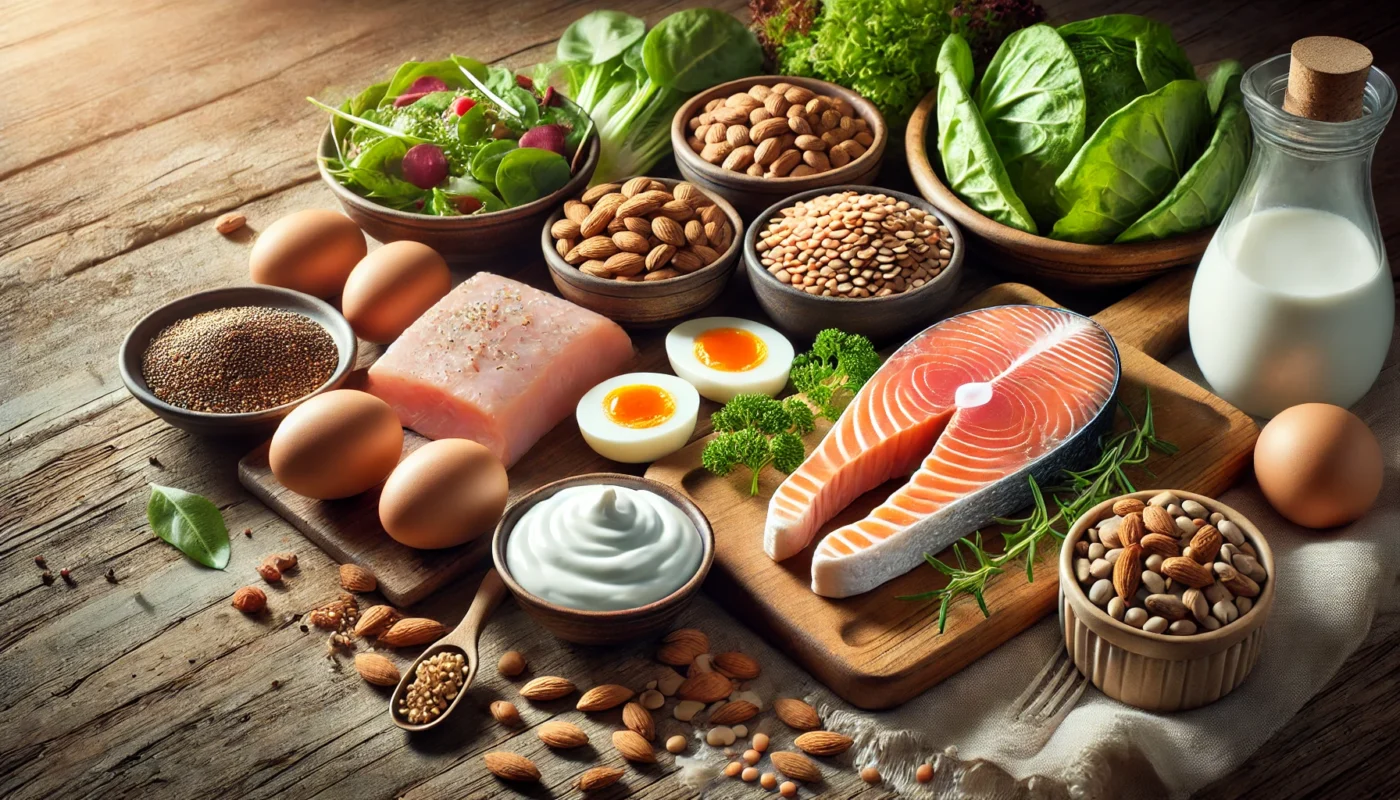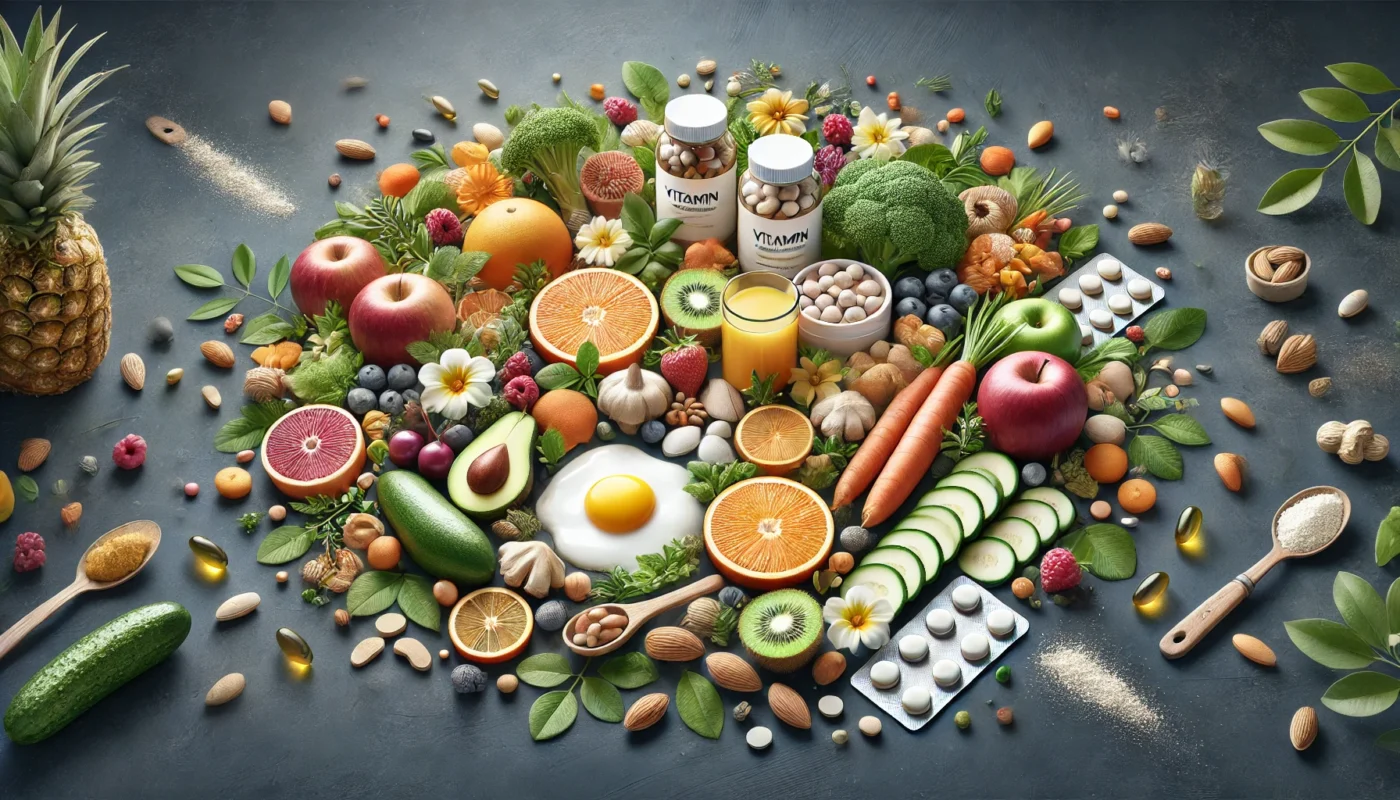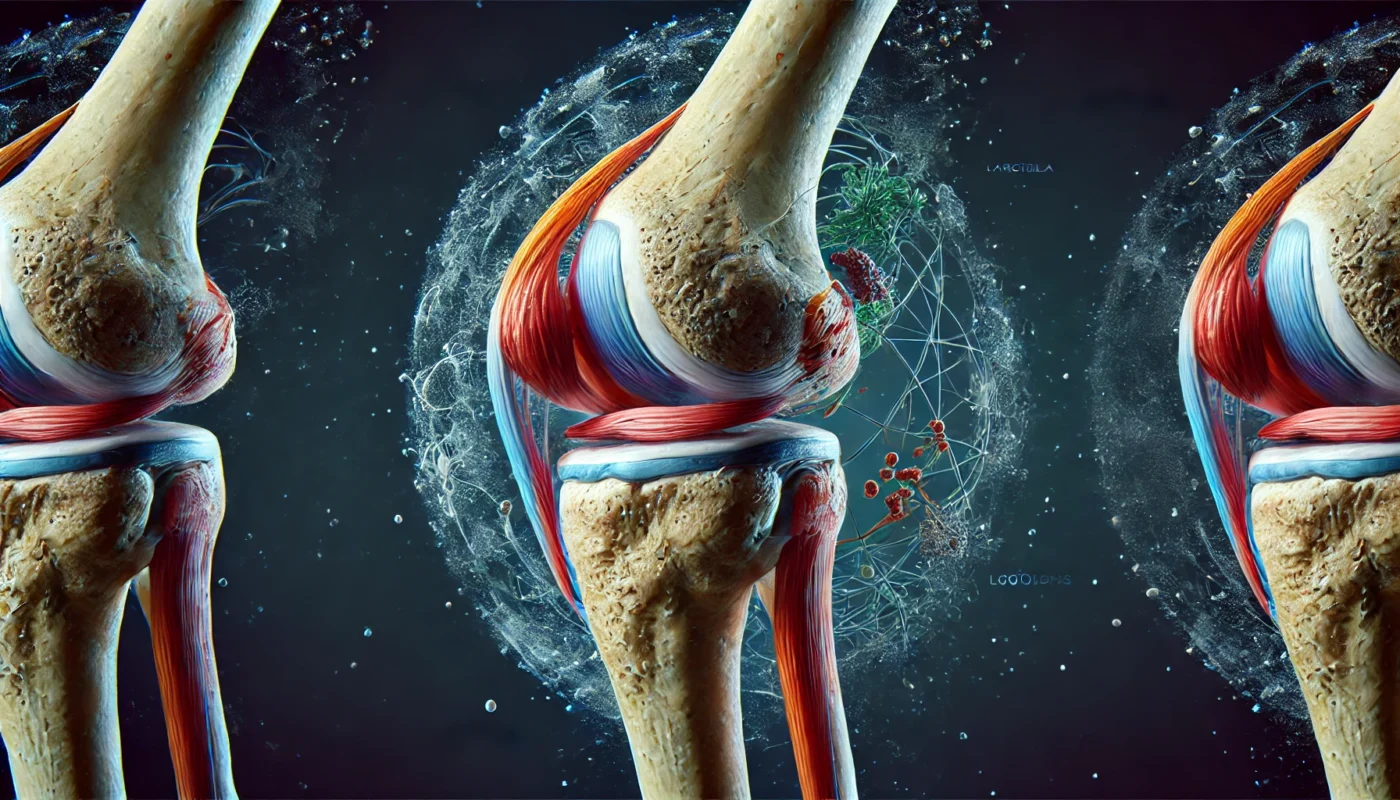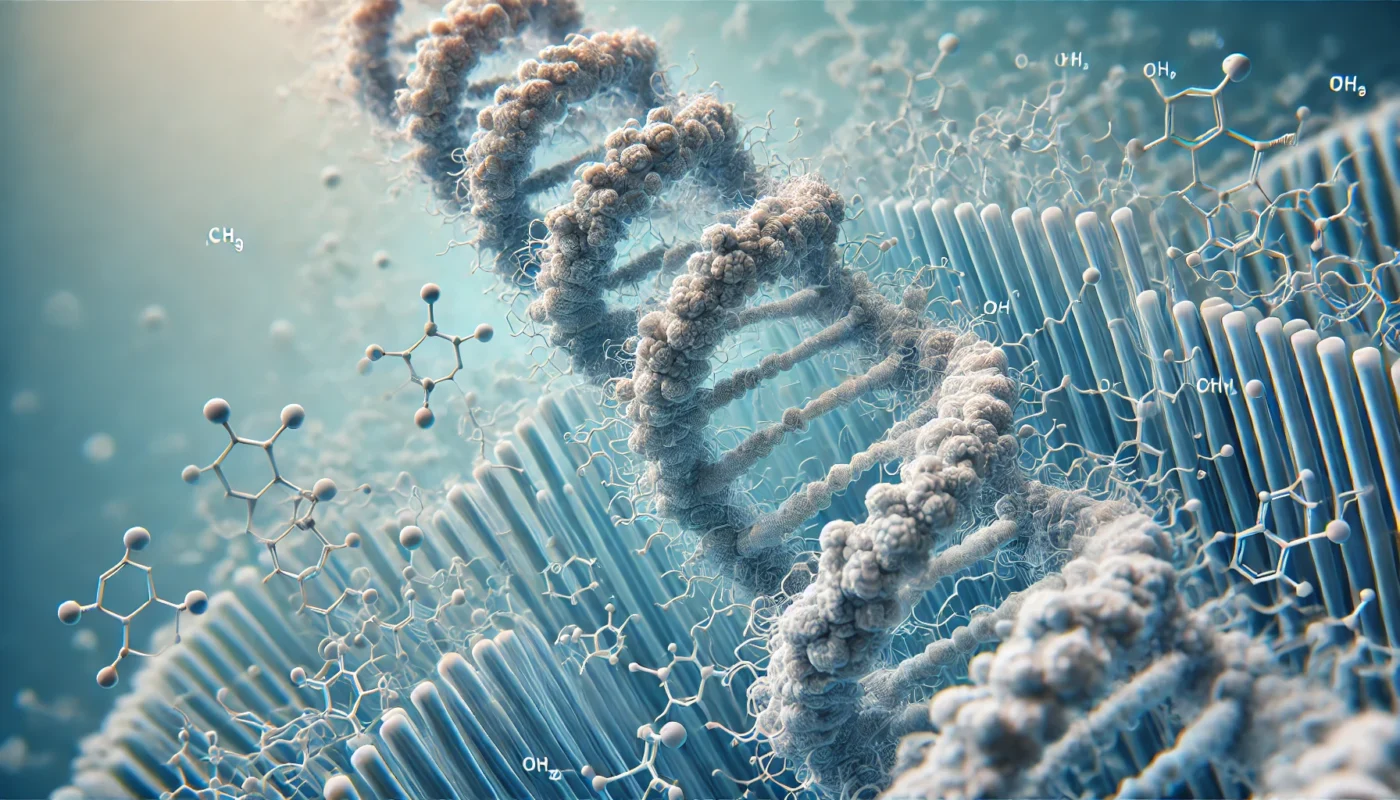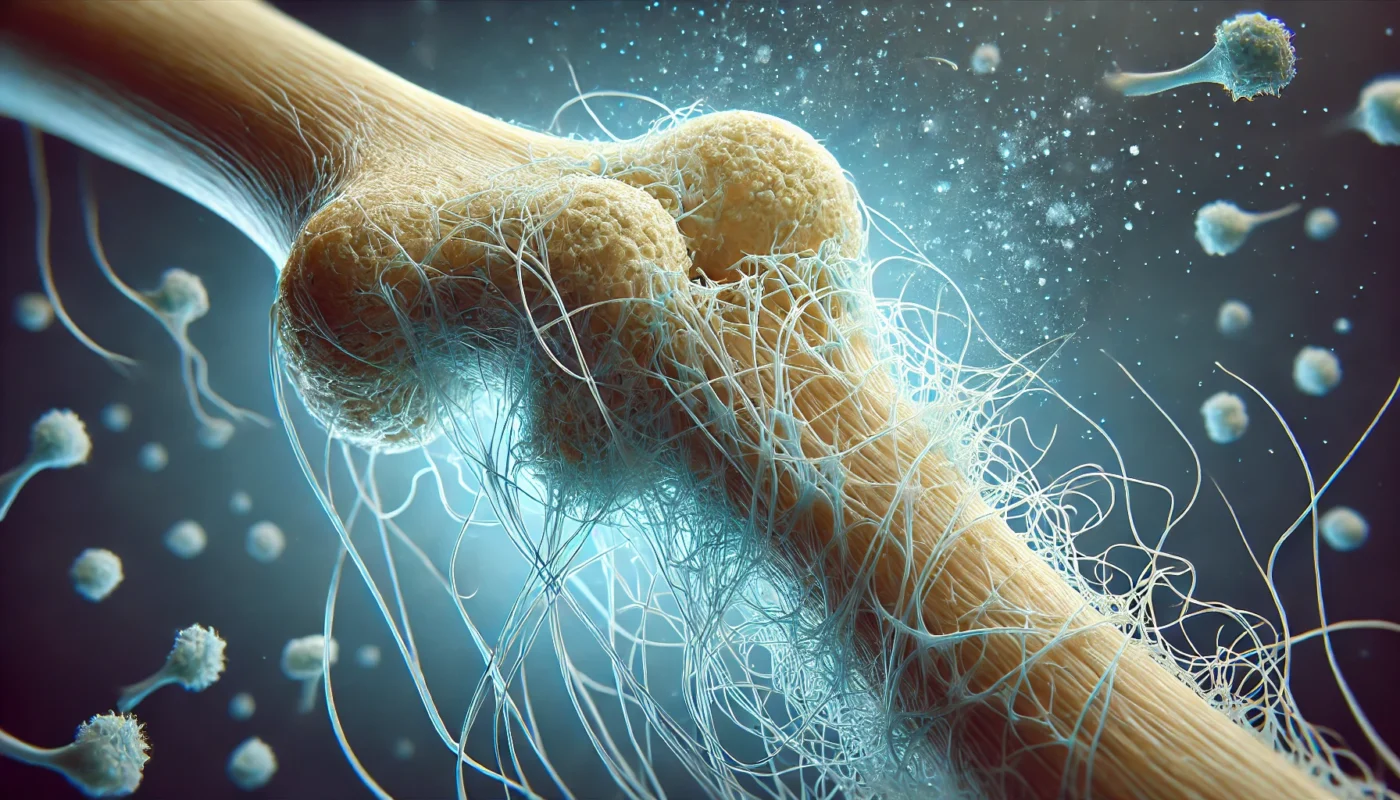Skin regrowth is a fascinating and complex process that plays a crucial role in maintaining our body’s protective barrier. Whether you are a fitness enthusiast pushing your physical limits or a medical patient on the road to recovery, understanding how skin heals and regenerates can empower you to take proactive steps in supporting this vital process. In this comprehensive guide, we will delve into the factors that influence skin regrowth after damage, explore the stages of wound healing, and offer practical advice to aid and expedite recovery.
Tag Archives: collagen
Sunburn occurs when the skin is overexposed to ultraviolet (UV) rays from the sun, leading to damage at the cellular level. This damage triggers an inflammatory response, which can result in redness, pain, and, in severe cases, blistering. If the damage penetrates deeply enough, it can affect the dermis, leading to scarring.
When it comes to healing, particularly after surgery or injury, your body requires certain nutrients to repair tissues and restore health. Among these nutrients, protein plays a pivotal role. This article delves into how protein-rich diets can enhance healing efficiency, supported by scientific research and practical advice.
Vitamins are organic compounds that are vital for maintaining health. They act as co-factors in various biochemical reactions, supporting processes such as cell growth, immune function, and tissue repair. When it comes to wound healing, certain vitamins stand out for their ability to enhance recovery.
The knee joint is a synovial joint, which means it’s surrounded by a capsule that produces synovial fluid. This fluid is essential for reducing friction between cartilage surfaces during movement. Think of it as the engine oil of your joints, providing the necessary lubrication for smooth operation.
Collagen is a buzzword in the health and wellness industry. It’s touted for its potential benefits, from promoting skin elasticity to supporting joint health. But what exactly is collagen made of?
At its core, collagen is a protein. It’s the most abundant protein in the human body, in fact. It forms a vital part of our connective tissues, lending structure and strength to our skin, muscles, tendons, and ligaments.
The building blocks of collagen are amino acids. These are primarily glycine, proline, hydroxyproline, and arginine. The synthesis of collagen in our bodies requires certain nutrients, including vitamin C, zinc, and copper.
As we age, our body’s natural production of collagen declines. This can lead to visible signs of aging, such as wrinkles and sagging skin. Environmental factors, like UV exposure and smoking, can also degrade collagen.
This has led many to turn to collagen supplements. These are typically derived from animal sources and broken down into smaller peptides for better absorption. But do they work? And how can you incorporate collagen into your lifestyle in a practical way?
Skin elasticity is a key factor in maintaining a youthful appearance. It’s what gives our skin the ability to bounce back after being stretched or compressed.
However, as we age, our skin naturally loses some of its elasticity. This can lead to wrinkles, sagging, and other signs of aging.
Fortunately, there are ways to boost skin elasticity. One of these is through the use of supplements.
Supplements can provide our bodies with the nutrients they need to support healthy skin. They can help to stimulate collagen production, hydrate the skin, and protect against oxidative damage.
In this article, we will explore the top supplements for skin elasticity. We will delve into the science behind how these supplements work and provide practical advice on how to incorporate them into your daily routine.
Whether you’re a fitness enthusiast, a health enthusiast, or a medical patient, this article will provide you with the information you need to make informed decisions about your skin health.
When it comes to healing fractures, collagen plays a pivotal role. It’s the most abundant protein in our bodies, providing structural integrity to our bones.
During the healing process, our bodies form a collagen-rich callus around the broken bone. This callus initiates the repair, acting as a scaffold for new bone formation.
But not all collagen is created equal. There are different types, with Type I collagen being the most prevalent in bone tissue. Understanding these types and their roles in bone health is crucial.
Supplementing with collagen can provide the necessary amino acids for new collagen formation. Hydrolyzed collagen peptides, in particular, are easily absorbed by the body and may be more effective in supporting bone healing.
However, it’s not just about taking collagen. Vitamin C is crucial for collagen synthesis and should be consumed in conjunction with collagen supplements.
This article aims to provide a comprehensive understanding of collagen’s role in fracture healing. We’ll delve into the science, explore the best sources of collagen, and provide practical strategies for incorporating collagen into your recovery plan.
Navigating the world of health supplements can be a daunting task. With a myriad of options available, it’s often challenging to discern what’s best for your specific needs.
One common dilemma is choosing between glucosamine chondroitin and collagen. Both are popular supplements, often touted for their potential benefits to joint health and pain relief. But which one is better?
This article aims to shed light on this question. We’ll delve into the science behind these supplements, comparing their benefits and potential drawbacks. Our goal is to provide you with a comprehensive understanding of glucosamine chondroitin and collagen.
We’ll explore what these supplements are, how they work, and what research says about their effectiveness. We’ll also discuss potential side effects and interactions, helping you make an informed decision about their use.
Whether you’re a fitness enthusiast seeking to optimize your performance, a health enthusiast aiming to enhance your wellbeing, or a medical patient looking for practical tips to manage your health condition, this article is for you.
By the end, you’ll be better equipped to decide whether glucosamine chondroitin or collagen is the right choice for you. Let’s dive in and unravel the complexities of these popular health supplements.
Knee health is a crucial aspect of overall wellness. It’s especially important for fitness enthusiasts, health-conscious individuals, and those managing existing health conditions.
One common knee issue is cracking or popping sounds, often accompanied by discomfort or pain. This can be a sign of underlying joint issues or nutrient deficiencies.
Understanding the role of nutrition in knee health is vital. Certain vitamins and supplements can support joint health, alleviate discomfort, and improve overall knee function.
This article aims to provide a comprehensive guide on essential vitamins for knee health. It will delve into the science behind these nutrients and their role in supporting joint health.
We’ll explore key vitamins like Vitamin D, C, E, and K, and their specific benefits for your knees. We’ll also discuss popular supplements like glucosamine and chondroitin, known for their joint health benefits.
Moreover, we’ll provide practical advice on incorporating these nutrients into your diet or supplementation regimen. This will help you make informed decisions about your knee health strategy.
Remember, while vitamins and supplements can support knee health, they should be part of a holistic approach. Regular exercise, a balanced diet, and maintaining a healthy weight are equally important.
Let’s dive in and explore the essential vitamins to support knee health.
- 1
- 2



